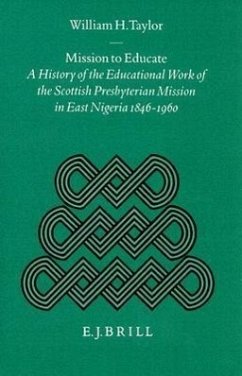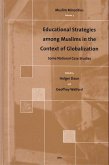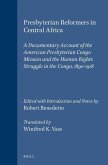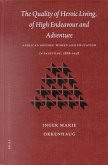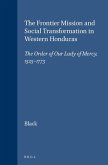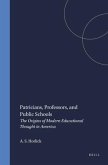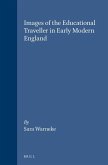By using primary sources, this case study seeks to shed new light on the nature and extent of European (in this case Scottish) educational pioneering work in Africa (in this case, eastern Nigeria). It examines the essential differences between (a) the pre-colonial period, (b) the colonial period, and (c) the pre-independence period. It argues that non-formal community and political education were continuously as central to the Christian (here, Presbyterian) missionaries' work as was the formal schooling of the young - females as well as males. While the curricula reflected the missionaries' religious objectives, and later the colonial government's, the evidence demonstrates an on-going commitment to the personal and social development of pupils and their parents, and their society. The Presbyterians encouraged the emergence of an independent Nigerian church and, in their schools, a pride in being Nigerian.

